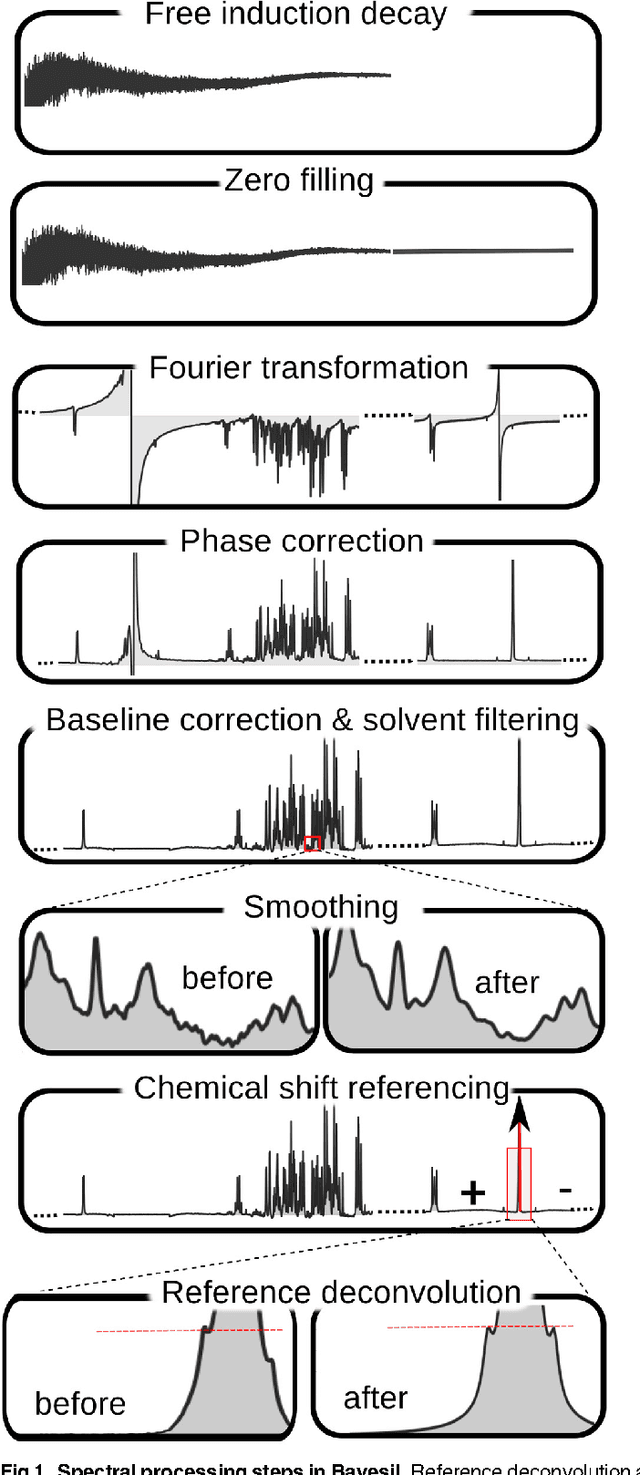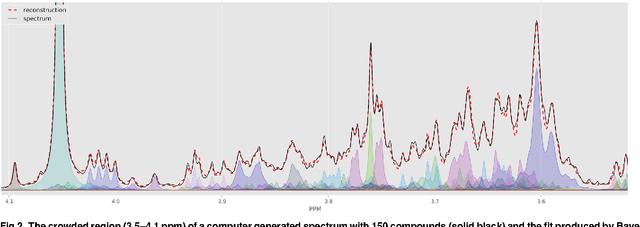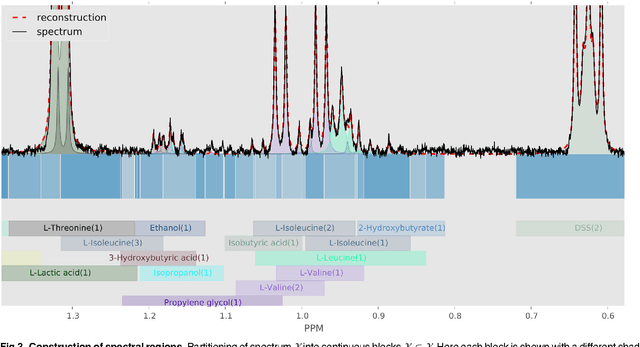Philip Liu
MedChat: A Multi-Agent Framework for Multimodal Diagnosis with Large Language Models
Jun 09, 2025Abstract:The integration of deep learning-based glaucoma detection with large language models (LLMs) presents an automated strategy to mitigate ophthalmologist shortages and improve clinical reporting efficiency. However, applying general LLMs to medical imaging remains challenging due to hallucinations, limited interpretability, and insufficient domain-specific medical knowledge, which can potentially reduce clinical accuracy. Although recent approaches combining imaging models with LLM reasoning have improved reporting, they typically rely on a single generalist agent, restricting their capacity to emulate the diverse and complex reasoning found in multidisciplinary medical teams. To address these limitations, we propose MedChat, a multi-agent diagnostic framework and platform that combines specialized vision models with multiple role-specific LLM agents, all coordinated by a director agent. This design enhances reliability, reduces hallucination risk, and enables interactive diagnostic reporting through an interface tailored for clinical review and educational use. Code available at https://github.com/Purdue-M2/MedChat.
Accurate, fully-automated NMR spectral profiling for metabolomics
Sep 08, 2014



Abstract:Many diseases cause significant changes to the concentrations of small molecules (aka metabolites) that appear in a person's biofluids, which means such diseases can often be readily detected from a person's "metabolic profile". This information can be extracted from a biofluid's NMR spectrum. Today, this is often done manually by trained human experts, which means this process is relatively slow, expensive and error-prone. This paper presents a tool, Bayesil, that can quickly, accurately and autonomously produce a complex biofluid's (e.g., serum or CSF) metabolic profile from a 1D1H NMR spectrum. This requires first performing several spectral processing steps then matching the resulting spectrum against a reference compound library, which contains the "signatures" of each relevant metabolite. Many of these steps are novel algorithms and our matching step views spectral matching as an inference problem within a probabilistic graphical model that rapidly approximates the most probable metabolic profile. Our extensive studies on a diverse set of complex mixtures, show that Bayesil can autonomously find the concentration of all NMR-detectable metabolites accurately (~90% correct identification and ~10% quantification error), in <5minutes on a single CPU. These results demonstrate that Bayesil is the first fully-automatic publicly-accessible system that provides quantitative NMR spectral profiling effectively -- with an accuracy that meets or exceeds the performance of trained experts. We anticipate this tool will usher in high-throughput metabolomics and enable a wealth of new applications of NMR in clinical settings. Available at http://www.bayesil.ca.
 Add to Chrome
Add to Chrome Add to Firefox
Add to Firefox Add to Edge
Add to Edge